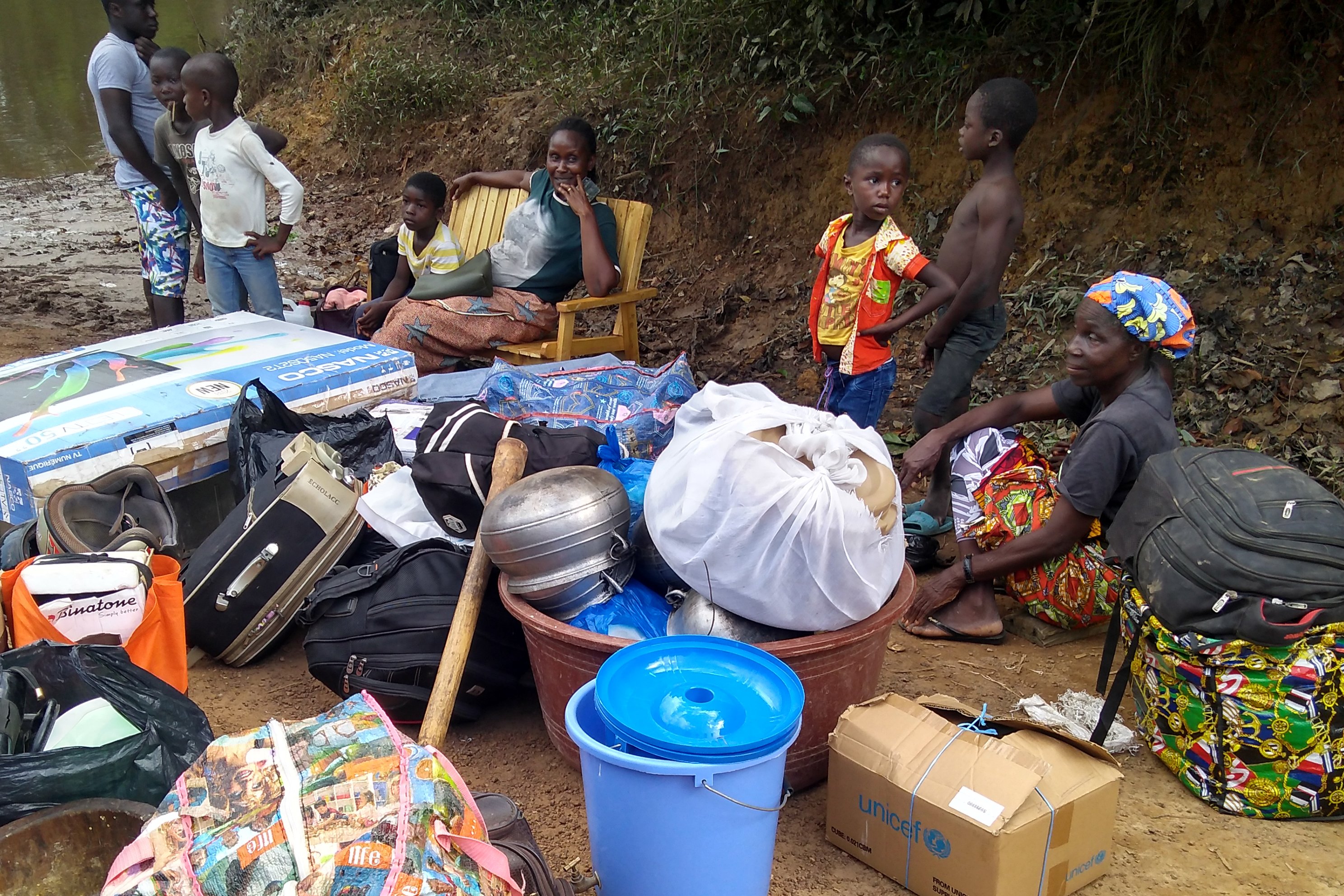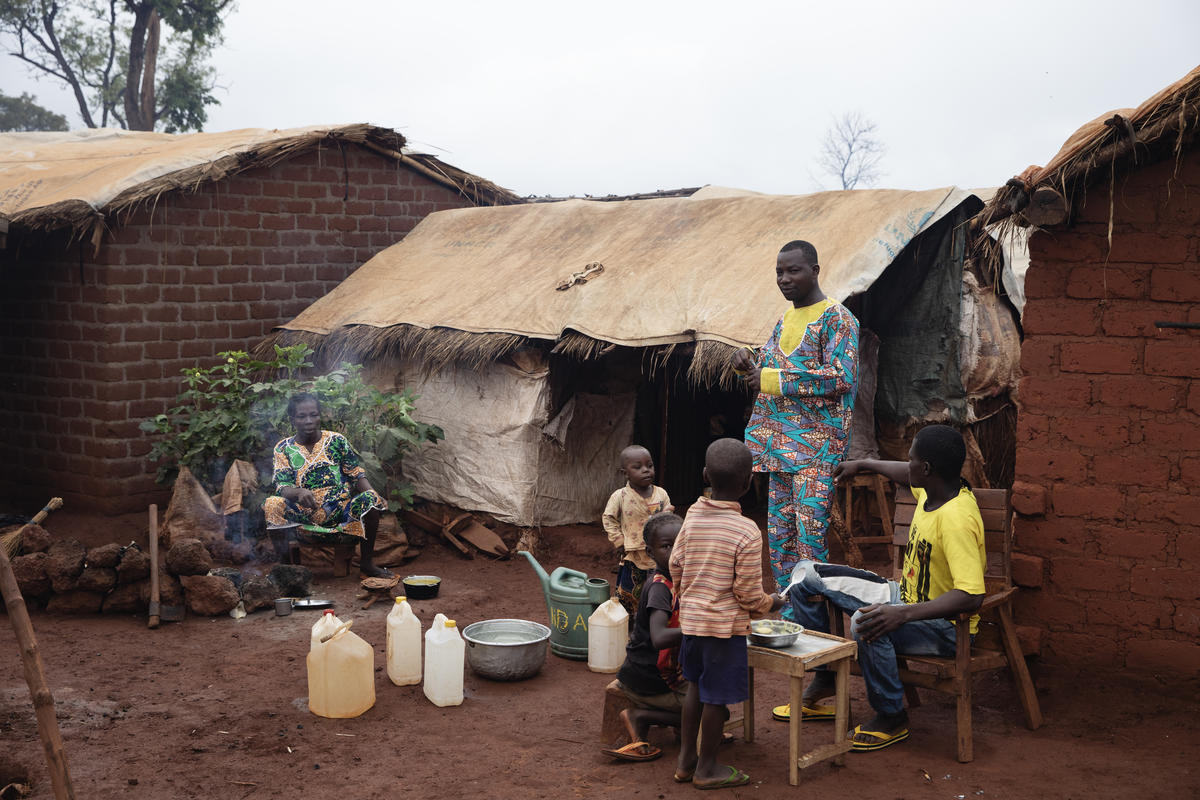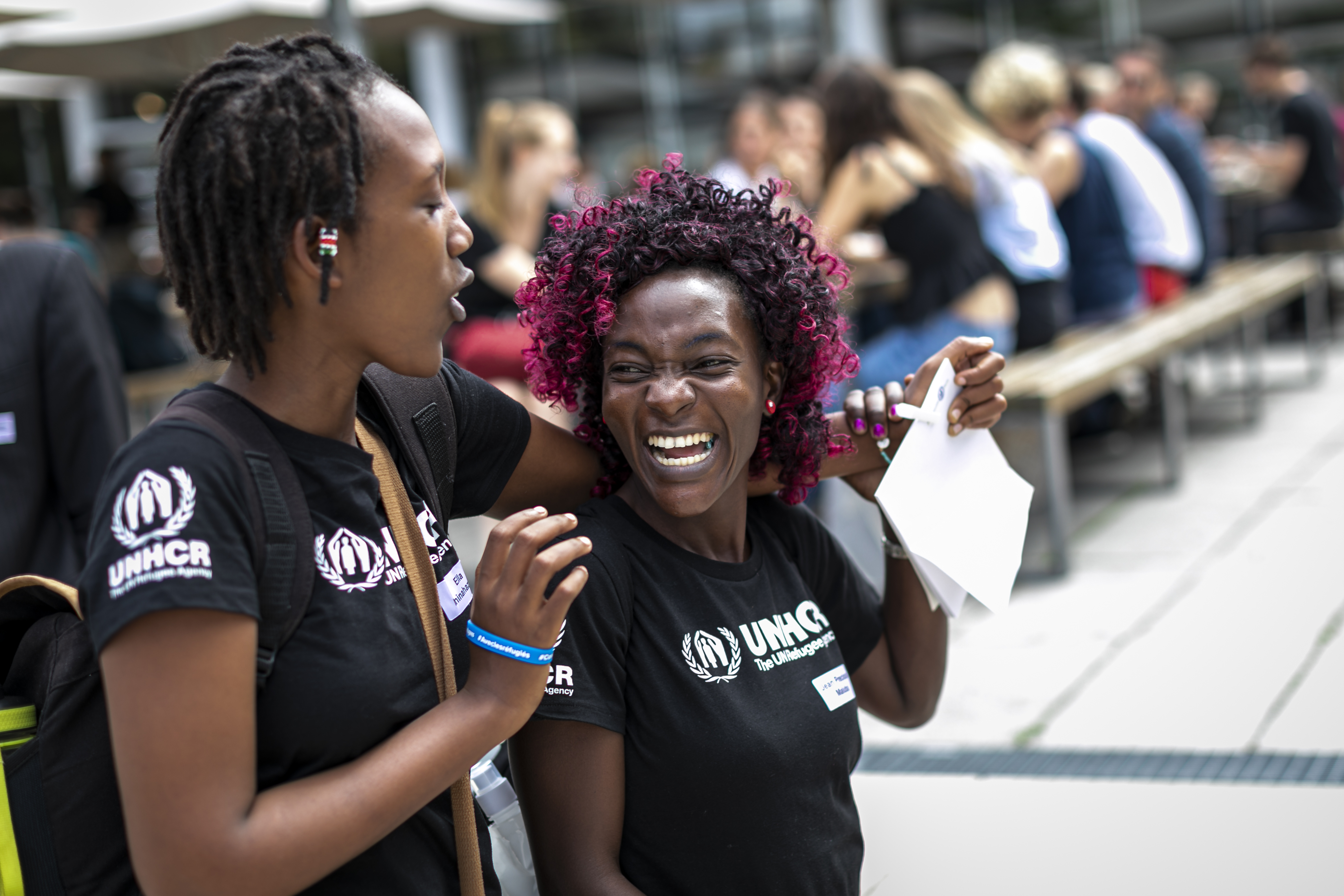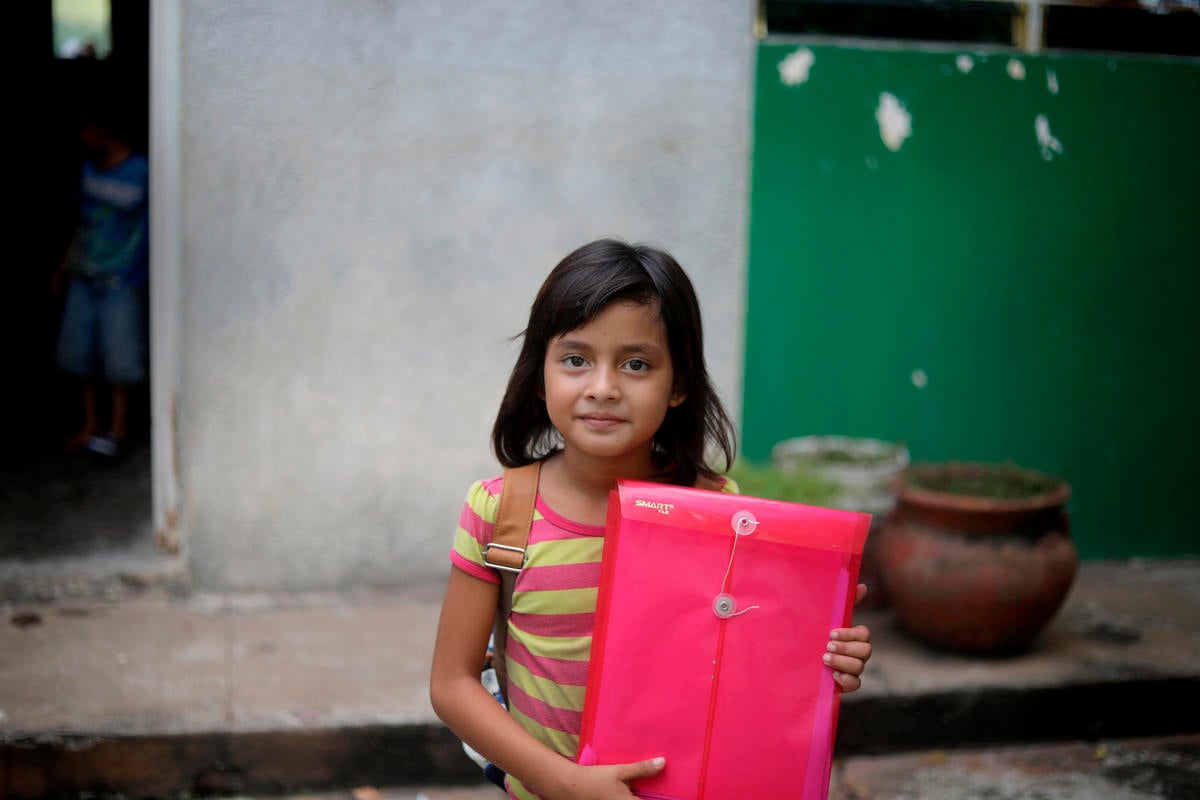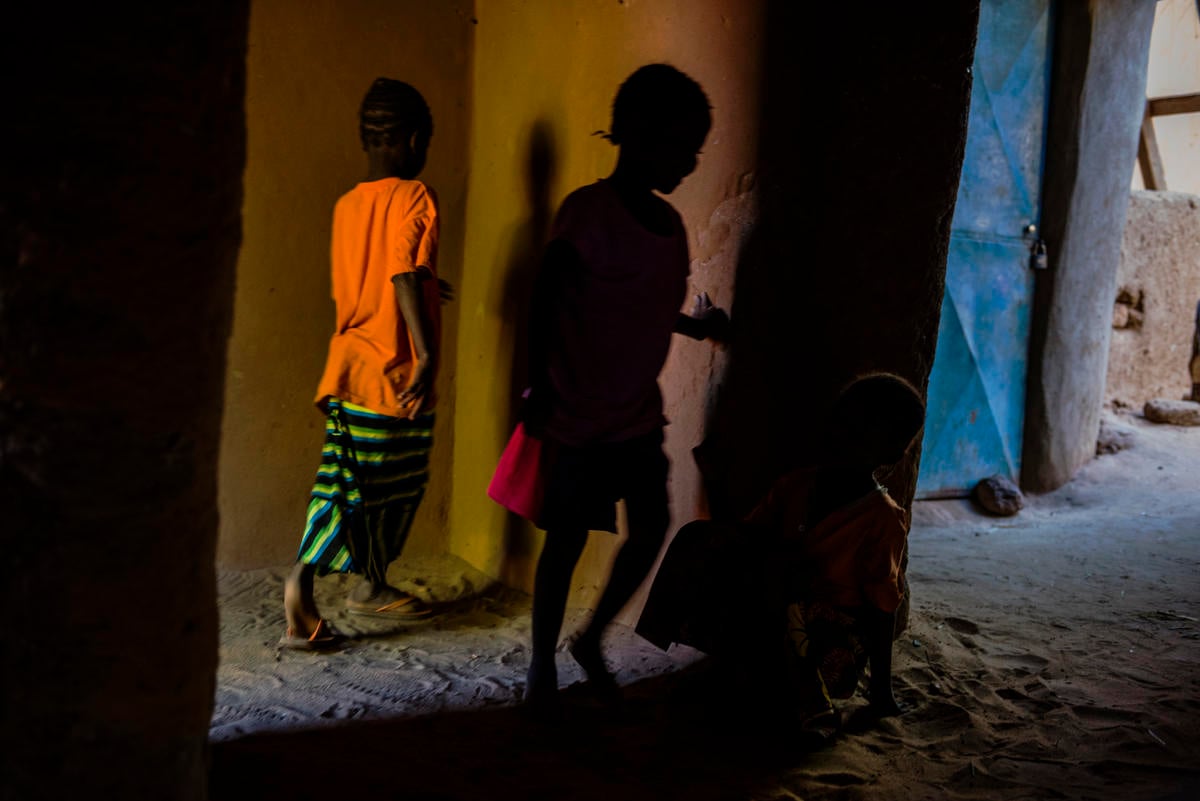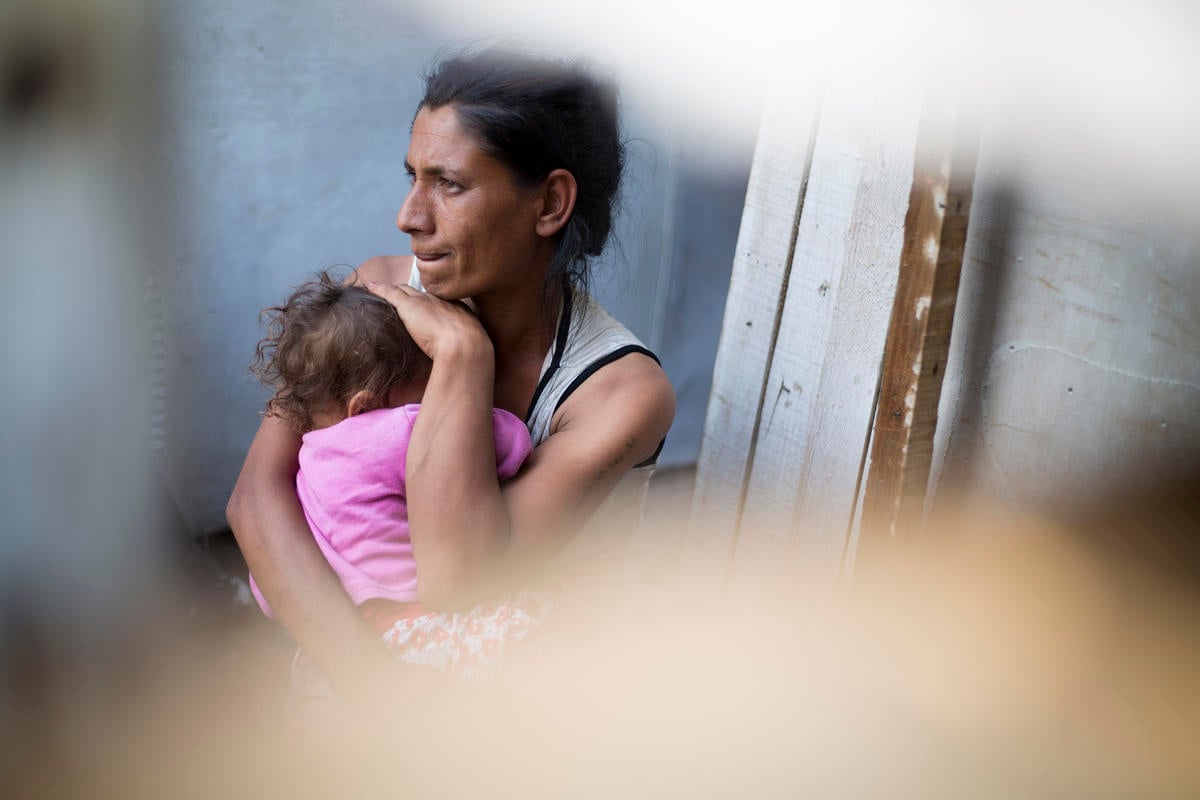Bill and Melinda Gates Foundation
Bill and Melinda Gates Foundation

About the partnership
Since: 2006
Locations: Kenya, Ethiopia, South Sudan, Jordan, Chad, Niger, Cameroon, Bangladesh, countries in Europe
Through its partnership with UNHCR, the Bill & Melinda Gates Foundation has helped create innovative solutions to address forced displacement globally, and to ensure that refugees are not ‘left behind’.
The Bill & Melinda Gates Foundation has engaged in the refugee cause since 2006, providing emergency response support to various refugee crises, but has also supported key programs that leverage the strengths of both partners.
The foundation is committed to the provision of emergency relief and innovative technologies and approaches in water, sanitation and health for refugees, among other key initiatives. Their programs focus on building local capacity by implementing low cost, high impact solutions.
The “Waste to Value Sanitation Solutions for Refugee Camps in East and Horn of Africa” project explored sanitation technologies for refugee populations in camp settings, beyond the plastic pit latrine to improve sanitation solutions and enhance the health of refugees. It aims to support domestic energy needs and agricultural livelihoods.
In South Sudan, Jordan and Ethiopia, the partnership piloted a two-year project “Saving Newborn Lives in Refugee Settings” which has been extended to Chad, Cameroon and Niger with a focus on family planning and newborn health. The project involves training, supervision, mentoring and the provision of equipment and supplies to health facilities.
UNHCR are now also now working with the foundation in Bangladesh to implement and plan for long term sustainable sanitation, health and energy solutions for refugees and host communities.
The Gates Foundation partnership demonstrates the catalytic role that the private sector plays in making a positive long-term impact on the lives of refugees.
Impact at a glance
- As part of the Saving Newborn Lives in Refugee Situations project, the collaborative partnership aided a general improvement in the skill and knowledge of health workers allowing for improved delivery of neonatal care services in refugee sites in Jordan, Kenya and Ethiopia. Through a highly relevant, efficient and sustainable design, health staff improved and sustained their skills in newborn resuscitation, prevention and management of post-partum haemorrhage, and knowledge of essential newborn care after the two-year period.
- Following the first Waste-to-Value initiatives in Kenya and Ethiopia, UNHCR and the Gates Foundation, along with their partners Sanivation and Oxfam, have successfully disseminated the key learnings from their operational research into different sanitation solutions within refugee camps. Best Practice Guidelines have been developed and released following the operation of tiger-worm toilets in Jewi refugee camp in Ethiopia, and container-based toilet systems with a waste-to-energy by-product in Kakuma refugee camp in Kenya. Standard Operating Procedures have also been developed on the use of Urine Diverting Dry Toilets in refugee camps in Ethiopia. These reports are key for expanding the scope and scale of more environmentally-friendly, economically productive and user-friendly sanitation solutions for refugees.
If you are interested in exploring a partnership with UNHCR, please contact us at privatesectorpartnership@unhcr.org.


